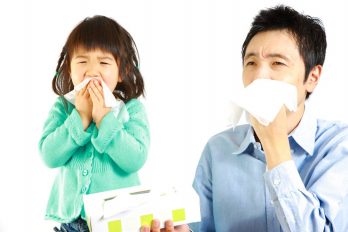The world may seem like a whole new place to your child. Wearing a face mask outside your home may either seem like an exciting adventure or a scary circumstance depending on how you approach this conversation with your child and depending on your child’s temperament.
- First, consider the age of your child before having this conversation. If you have very young children, you should approach this using simplistic language, answering their questions, and remaining calm at all times. Be careful of offering too many details as this may only scare them. Simply tell them that masks can help keep them from getting sick. If you are speaking to older children, you can also focus on other steps they can take to keep their germs to themselves and to stay away from other germs when they are out.
- Second, come up with a plan to get your child to wear the mask when going out in public. For younger children, it may be best to approach this as you would a game. Practice wearing the mask at home so that your child knows what it will feel like before leaving home. You could also have a favorite stuffed animal wear a mask. Children may also want to know what they look like while wearing the mask. You can encourage them to look at themselves in the mirror or take a selfie. Some children like the idea of looking like a favorite superhero who also wears a mask.
- Third, find a way to make the mask-wearing experience pleasurable. You could consider offering a small reward if your child is particularly hesitant. However, you will have to make the exact requirements for earning the reward clear before leaving home. Another option would be decorating the mask using markers or stickers. No matter how your child reacts to the mask, be sure to be accepting of his emotions.




